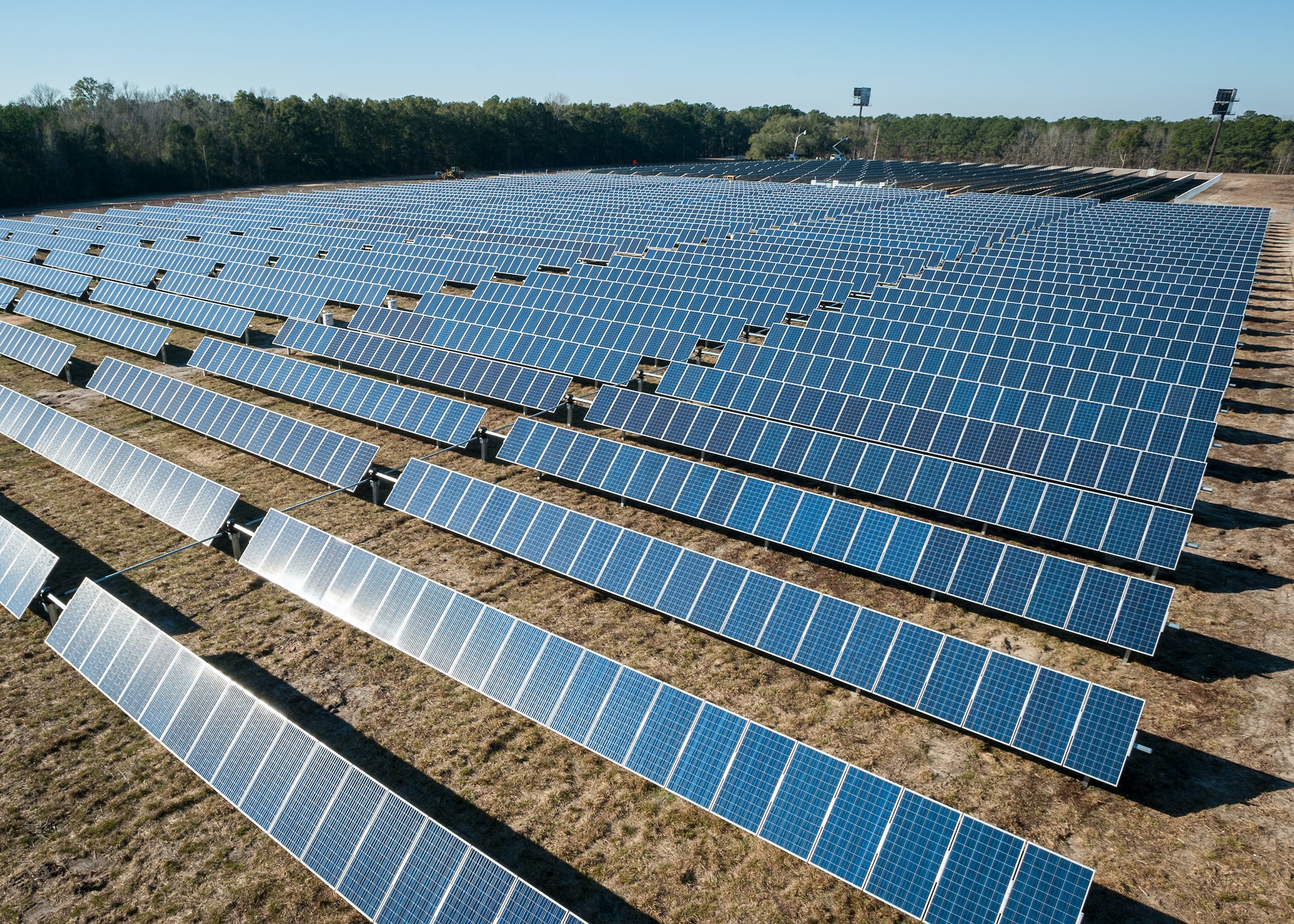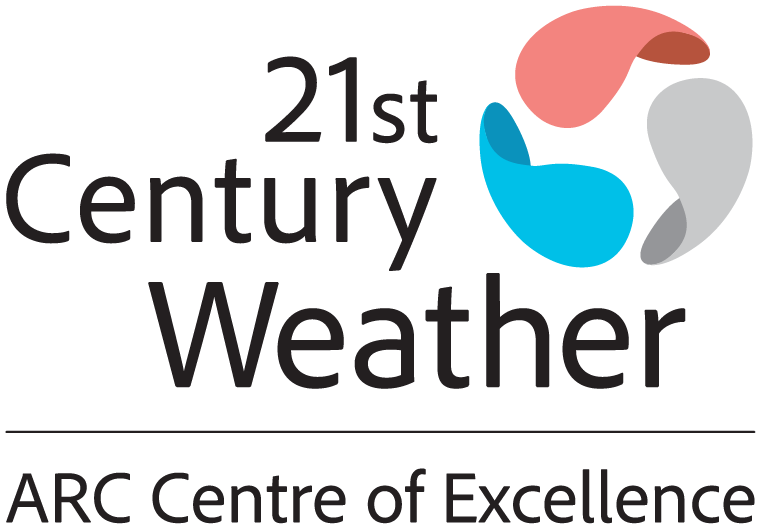
Weather is a key resource to society
In our “land of droughts and flooding rains” the weather is on everybody’s mind. Its highest visible impact occurs when it threatens infrastructure and lives. Much of the recent public discourse on climate change has been focused on the future of severe weather events. Quite apart from these severe events, the weather plays a critical and obvious role in supporting vast amounts of economic activity in food production, renewable energy, tourism, to name but a few. This is the weather resource.
Climate change dramatically increases the importance of weather resources. Achieving our mitigation goals, including carbon-neutrality by 2050, critically relies on weather-sensitive electricity production. For example, a “wind-drought” in Europe in 2021 caused a significant loss (32%) in renewable energy production (Bloomfield, 2021). Was this an unusual event? Will more wind-droughts occur in a warmer world? Do we experience them in Australia?
Managing our future economic and community wellbeing requires us to know how weather resources are currently distributed across our continent, how they are affected by the variability in our climate and how they will change in a warming world. It also requires us to assess the future of high-impact weather events as they can significantly alter the weather’s role as a resource. High-impact events need not be severe weather. For example, long cloudy periods do not endanger infrastructure or lives, but can have a severe detrimental impact on solar energy production. Moderate rainfall events can flood catchments if they occur in succession. At the other end of the scale, hail-bearing storms, flooding rains, bushfire-enhancing severe atmospheric fronts, as well as long absences of rain leading to drought are some of the major weather-related phenomena that threaten infrastructure and the community. Planning our nation’s future critically depends on our understanding of the continuum of local weather events and how global climate change can, and will, affect them.
Projecting weather changes due to climate change is a vastly different scientific problem to predicting the weather a few days ahead but being able to anticipate the future weather patterns in our region will have profound social, economic, and environmental value to Australia. The ARC Centre of Excellence for the Weather of the 21st Century will provide this critical knowledge, and thereby will strengthen the foundations for scientifically sound climate-related decision-making across all sectors of industry and government.
